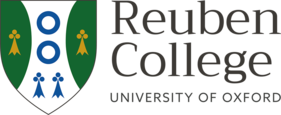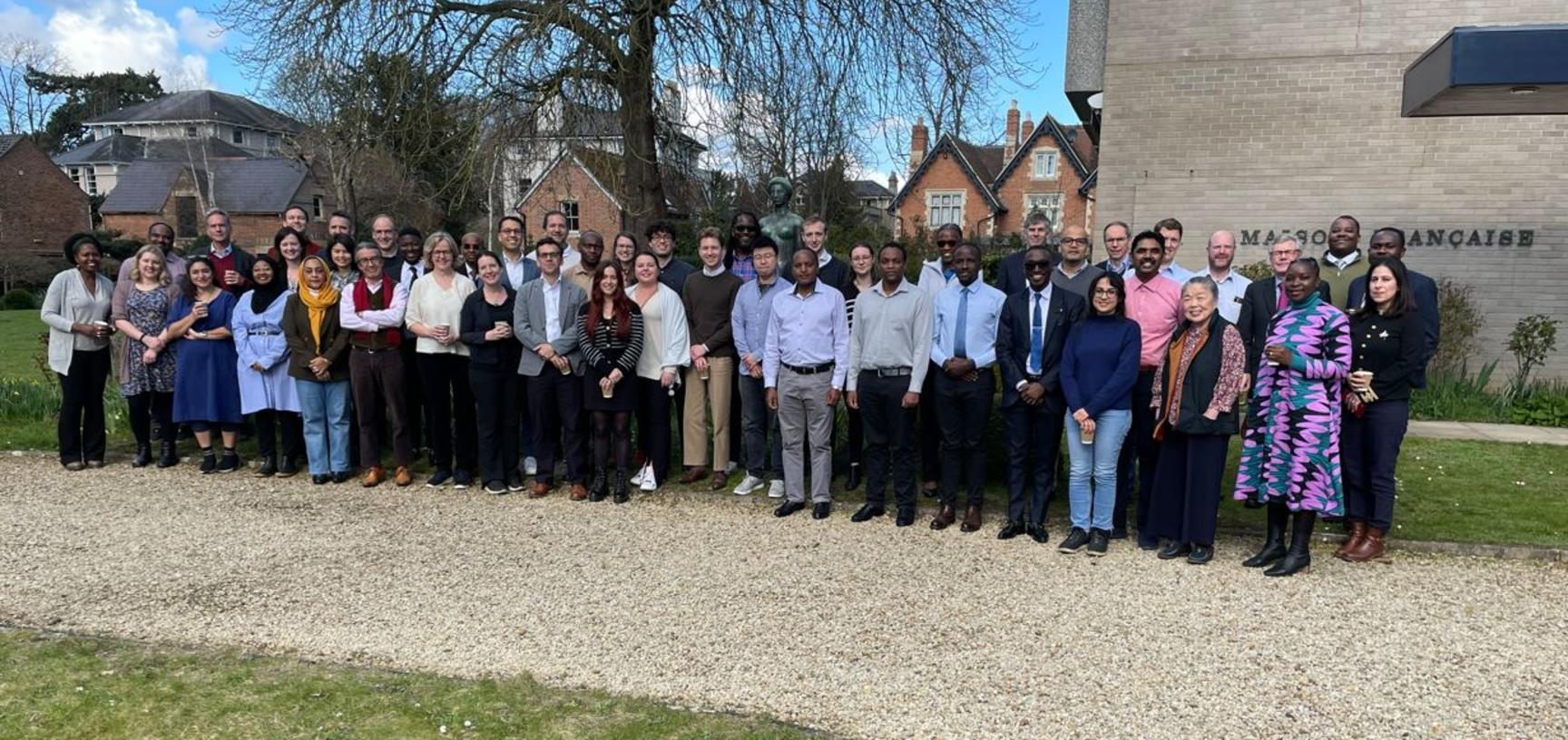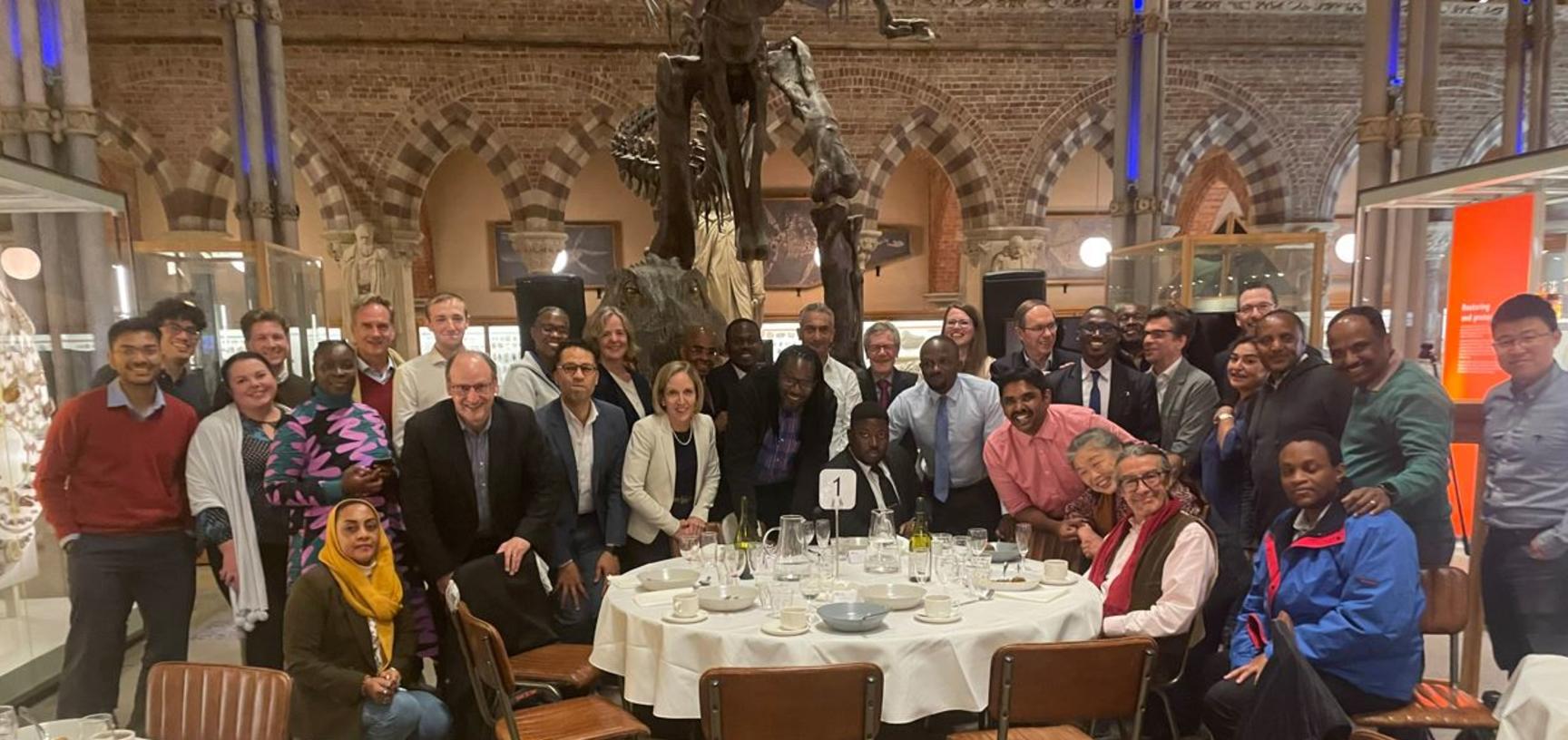Conference report: Diagnostics for LMICs
The inaugural meeting of an annual global health conference hosted by Reuben College took place on 27 and 28 March on the topic of Diagnostics for low- and middle-income countries (LMICs). Fifty delegates, including a dozen graduate students from Reuben, UCL and Imperial, took part in a highly participatory meeting, with a focus on discussions and learning from one another. The costs of flying the LMIC participants from Africa (Ghana, Kenya, South Africa, Tanzania, Tunisia & Uganda) and from India had been met by a generous donation from a US philanthropist.
See below for a summary of the conference.
Day 1
The conference was opened by the College President, Prof. Lionel Tarassenko, who introduced the first speaker, Dr Ken Fleming, the Chair from 2018 to 2021 of the Lancet Commission on Diagnostics. Dr Fleming noted that too often there was inadequate communication between engineers, scientists and clinicians on which diagnostics were needed in the clinic, and how those could be delivered, in the developing world, and he therefore welcomed the multi-disciplinary nature of the conference.
The first day’s morning was devoted to the challenge of implementing point-of-care tests in LMICs. During the afternoon, a session dedicated to apps and health informatics was followed by one on industrial perspectives, which featured three contrasting companies: a start-up, Incas Diagnostics, based in Ghana; a medium-sized enterprise based in Cambridge, DRW Ltd; and a multi-national, multi-billion-dollar company, Oxford Nanopore Technology. The conference dinner speech was delivered by Dr Gordon Sanghera, the CEO of Oxford Nanopore, who enthused the participants with his vision for the application of nanopore technologies for diagnosing diseases such as TB and cancer in the developing world.
Day 2
Most of the second day was devoted to clinical topics, which included infectious diseases such as HIV and TB, neurological disorders such as Parkinson’s, and non-communicable diseases such as diabetes and hypertension. The conference ended with a session on the challenges of scaling up resources in LMIC settings, but most participants stayed for an extra day in Oxford, including Dr Isabella Oyier, one of the Reuben Global Research Fellows. This gave us the opportunity to hold an informal meeting with researchers from AfOx, with which Reuben College has a strategic partnership.
Feedback from the conference participants was overwhelmingly positive:
- “It was a great pleasure attending such a wonderful, very timely and highly relevant conference.”
- “It was a fascinating meeting, and I am very excited about the potential for progress in integrating some of the new diagnostic tools into health applications and evaluating them in the field.”
- “Thank you again for organizing a wonderful conference earlier that educated me on the importance of diagnostics as a crucial step in bringing health to people in the lower income global south.”
And from one of the Reuben students:
- “Thank you very much for the opportunity to be part of the first Reuben Conference. There would have been many students to invite, but I am heartily grateful to have been invited.”
With such positive feedback, there is already the pressure to organise as successful a Reuben global health conference next year!






